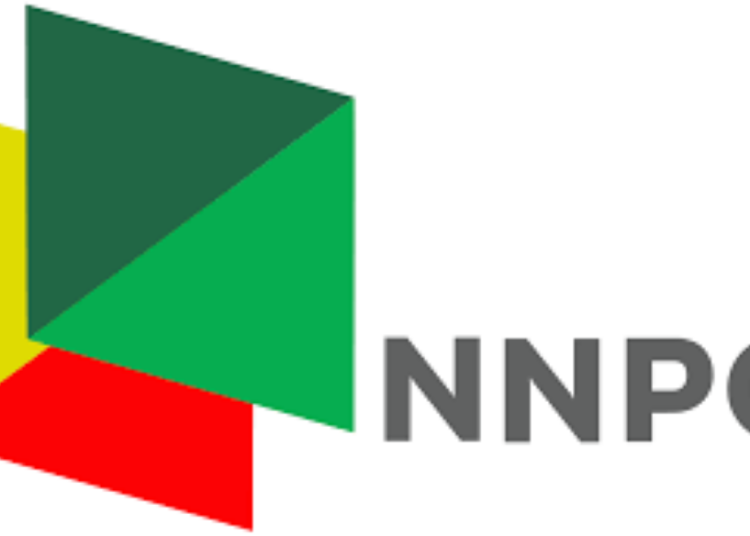The Chief Financial Officer (CFO) of the Nigeria National Petroleum Company Ltd (NNPCL), Alhaji Umar Ajiya has revealed that the government pays the company to sell Premium Motor Spirit (PMS) at half the landing cost, referring to this as a shortfall.
Ajiya provided this clarification on Monday in Abuja while presenting the company’s 2023 full-year result, where it recorded profits of N3.3 trillion.
The CFO also stated that NNPC Ltd. has solely been managing the shortfall in Premium Motor Spirit (PMS) imports between the company and the federation and has not disbursed any subsidies to marketers over the past nine months.
He stated, “In the last eight to nine months, the NNPC Ltd., has not paid anybody a dime as subsidy, no one has been paid kobo by the NNPC Ltd. in the name of subsidy. No marketer has received any money from us by way of subsidy.
“What has been happening is that we have been importing PMS, which has been landing at a certain cost price and the government tells us to sell it at half price.
“So the difference between the landing price and that half price is what we call shortfall. And the deal is between the Federation and NNPC Ltd., to reconcile, sometimes they give us money, so there is no money exchanging hands with any marketer in the name of subsidy.”
The CFO explained that credit lines are a standard practice in the downstream sector within the global commercial system.
He noted that the company previously maintained an open credit arrangement with PMS suppliers, which included term line agreements for payment.
Additionally, the Executive Vice President of Downstream at NNPC Ltd., Dapi Segun highlighted that the establishment of an open credit agreement with suppliers underscores the credibility that the national oil company has built over time.
In his words, “Concerning the outstanding to the suppliers, it is not in that magnitude that has been put out, it is actually lower than the $6.8 billion. What matters really is the relationship between us and our suppliers to ensure that we keep faith in making these payments to our suppliers which we have done over time.
“You would understand that it is not a static figure, and I wouldn’t want to be quoting any figure, when we make payments it goes down, when they supply products, it goes up.
“It is a dynamic way, but the most important thing is to ensure that we continue to make PMS available across the country,” Segun said.











